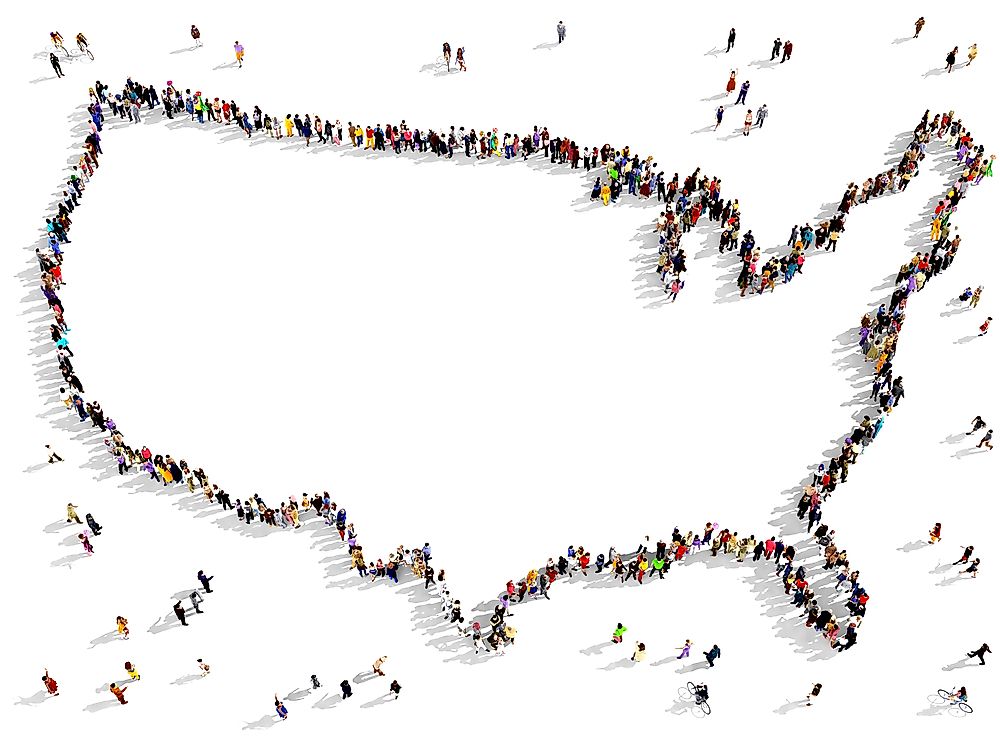Who Are Superdelegates?

Politically, a delegate is an appointed person to participate in a political process in which a major decision is made such as selecting the next presidential nominee of a certain political party. In the US, a superdelegate is a person who seats automatically through the nomination process without the obligation of supporting a particular candidate. Superdelegates are common in the US and are predominantly members of the Democratic Party. They are unpledged in that as they come for the Democratic National Convention, they have the right to support either candidate or even abstain. In 2016, the Superdelegates were 15% of the total delegates who attended the convention. They are also permitted to engage in the primary election just like any other citizen.
Origin of the Concept of Superdelegates
Between 1969 and 1970, a team was set to formulate the selection procedure for the Democrats nominations. It was led by George McGovern (Senator of South Dakota) and Donald M. Fraser (Minnesota representative). The team was mandated with making the process a true reflection of the people’s will in the primaries. The findings and recommendations of this commission led to increased number of primaries in the subsequent years. Nevertheless, the adjustment did not lead to victory among the Democrats. In May 1981, criticism from the media was that Democrats were losers and has lost leadership ability. This was a turning point in which a team of 70 individuals was set to look into the weaknesses of the nomination process and come up with solutions. The Governor Jim Hunt-led commission recommended a hybrid of delegates and Superdelegates which has proved to be a success with a number of presidential wins after that.
Categories of Superdelegates
1. Democratic National Committee – The Democratic Party has various office bearers from each state and territory. These include the chairs and their assistants. The DNC total membership is usually 437.
2. The governors elected on the Democratic ticket
3. Democratic members of Congress who are 191 in number including Senators, US state representatives including the shadow senators, and non-voting delegates from Washington D.C
4. Recognized and respected leaders such as a sitting president, vice president, leaders of the Congress, or even a retired president. In 2006 this cluster had a total of 20 members.
Difference Between Superdelegates and Ordinary Delegates
An ordinary delegate, also known as a pledged delegate, is nominated on the account of preferred candidate in the presidential race during the primaries. In the convention, they must clearly state and vote for their chosen candidate. The number of vacancies is based on the votes during the primary elections. They are further classified into three distinctive groups namely the district, at-large, and PLEO (Party Leaders and Elected Officials). There are a fixed number of such delegates per state.
On the other hand, a superdelegate attends the convention by virtual of being in a particular office, either currently or previously, and is not bound to support a particular candidate. They can choose to either endorse or abstain. The number of these unpledged delegates can increase or decrease in the time of campaign.
Criticism of the Superdelegates System
Susan Estrich pointed out that the Superdelegates might be more influential than the pledged delegates regardless of their numbers leading to nominating an unpopular, weaker candidate.











